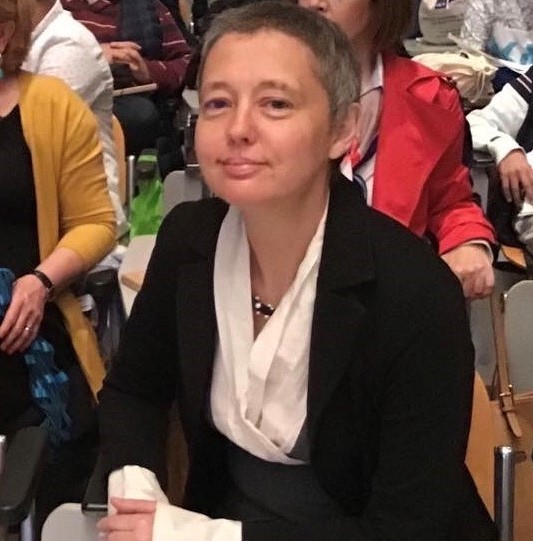
Education
Degree: PhD
Year: 1998
Institution: University of London, UCL- Institute of Education, Department of Psychology and Human Development
Degree: MA
Year: 1993
Institution: University of London, UCL- Institute of Education, Department of Educational Psychology Special Educational Needs
Degree: B.A.(Hons)
Year: 1990
Institution: University of Ioannina, Department of Philosophy, Education and Psychology (Section Psychology)
Evangelia Karagiannopoulou
Department of Psychology
Contact Information
Tel.: +30-26510 05747e-mail:
Research topics (related to the Institute)
- Teaching and Learning
- Subjective experience, Thinking and Mind
- Assessment and psychological testing
- Behaviour, Intervention and Counselling
- Wellbeing, Development and Adjustment
Research summary
- Emotion regulation, mental health and learning
- Stress and coping
- Cognitive, psychosocial, and individual factors in learning and adjustment in higher education
- A psychoanalytic approach: Mentalizing, epistemic trust, mental health and learning
Professional background
| 2018-… | Professor, Department of Psychology, University of Ioannina |
| 2013-2018 | Associate Professor, Department of Philosophy, Education and Psychology, University of Ioannina |
| 2007-2013 | ssistant Professor, Department of Philosophy, Education and Psychology, University of Ioannina |
| 2001-2007 | Lecturer, Department of Philosophy, Education and Psychology, University of Ioannina |